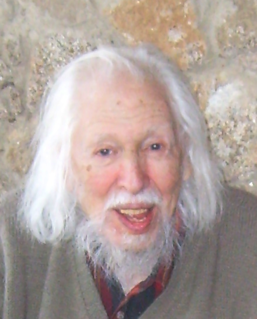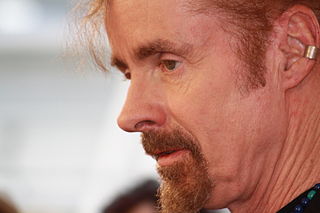A Quote by Howard Zinn
But I suppose the most revolutionary act one can engage in is... to tell the truth.
Related Quotes
If something inside of you is real, we will probably find it interesting, and it will probably be universal. So you must risk placing real emotion at the center of your work. Write straight into the emotional center of things. Write toward vulnerability. Risk being unliked. Tell the truth as you understand it. If you’re a writer you have a moral obligation to do this. And it is a revolutionary act—truth is always subversive.
Revolutionary politics, revolutionary art, and oh, the revolutionary mind, is the dullest thing on earth. When we open a revolutionary review, or read a revolutionary speech, we yawn our heads off. It is true, there is nothing else. Everything is correctly, monotonously, dishearteningly revolutionary. What a stupid word! What a stale fuss!
Suppose that humans happen to be so constructed that they desire the opportunity for freely undertaken productive work. Suppose that they want to be free from the meddling of technocrats and commissars, bankers and tycoons, mad bombers who engage in psychological tests of will with peasants defending their homes, behavioral scientists who can't tell a pigeon from a poet, or anyone else who tries to wish freedom and dignity out of existence or beat them into oblivion.
Sometimes I don't tell the truth, which is telling the truth about not telling the truth. I think people don't tell the truth when they're afraid that something bad's going to happen if they tell the truth. I say things all the time that I could really get into trouble for, but they kind of blow over.
I have a hard time with historians because they idolize the truth. The truth is not uplifting; it destroys. I could tell most of the secretaries in the church office building that they are ugly and fat. That would be the truth, but it would hurt and destroy them. Historians should tell only that part of the truth that is inspiring and uplifting.







































